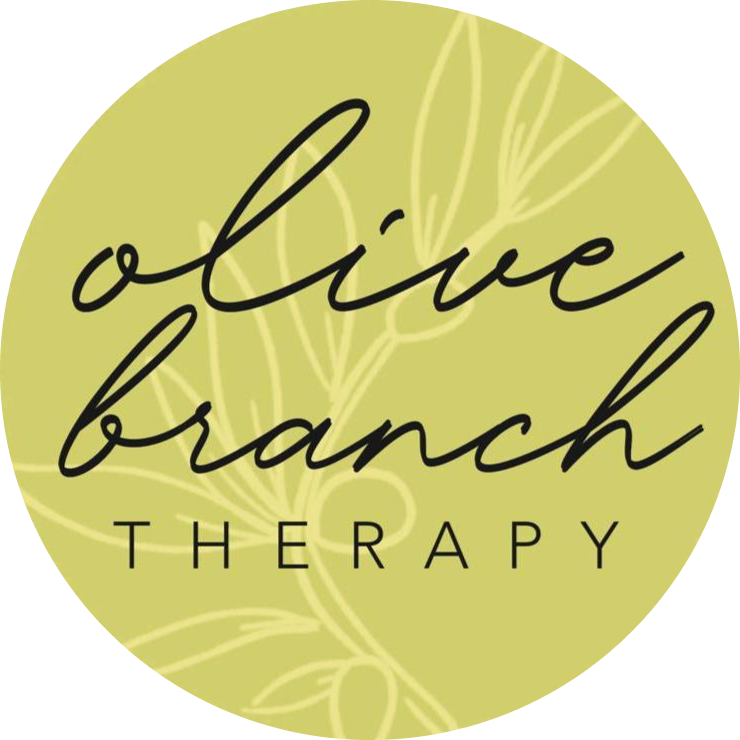1. Forgive yourself
Feeling guilty often comes after eating foods you know are unhealthy. However, guilt is often a feeling that leads to emotional eating. If you have an episode where you binge or eat unhealthy foods, forgive yourself. Focus on the motivation to change your food habits, not the feeling of guilt over the past. Forgiving yourself is a lot easier when we are in a grateful state of mind. Being grateful shifts our focus to the positive things in our lives instead of the issues. A positive state of mind encourages growth and change.
Activity: Keep a gratitude journal for a week. Single out a time every day to write down at least 3 things you are grateful for. By the end of the week you will have a long list of positive things to reflect on during times of struggle.
2. Define your relationship with food.
Food is meant to give us the nutrients we need for our cells to function properly. You need to recognize if you are eating for reasons other than nutrition. Sometimes eating can be used as a coping technique. If so, identifying triggering emotions can be the first step to changing that behavior. Focus on how you are feeling before, during and after eating anything.
Activity: Try logging your feelings every time you eat or crave unhealthy foods vs feelings when eating healthy foods
3. Identify trigger foods
Not all foods are created equal when it comes to how our bodies react. There are certain foods that can increase your urge to eat other unhealthy foods. We can call them “gateway foods” because eating them leads to more unhealthy habits. For example, if you find it difficult to stop snacking once you’ve eaten candy, then it would be best to avoid candy. Knowing which foods trigger you into binging can be helpful in that you can avoid contact with those foods. That means not having those foods easily accessible.
Activity: Create a list of trigger foods that are not allowed to be put on the grocery list! Try and avoid these foods for a week and see if it leads to other changes in eating habits.
4. Have a realistic plan
You may recognize your eating habits need improvement. It could be tempting to take drastic measures. However, setting unrealistic expectations can lead to getting discouraged. Instead, eliminate one food at a time so that your healthy food habits are built gradually and are more sustainable.
Activity: Pick one of the trigger foods and eliminate it completely from your diet. Keep doing this gradually, one week at a time.
5. Love yourself
The motivation to change should stem from a place of love. You want to change your eating habits because you love your body and value your health. You honor your body by nourishing it. When food choices can become a sign of how much you love yourself, you will be motivated to choose the healthier options.
Activity: Write yourself a love letter! You are madly in love with yourself, and yourself needs to know it! Write the most loving and positive you can think of about your true love, you. Then you can reference this letter as a reminder during times when it feels tough to love yourself.
Ann Basta, MD, LSW
Click here for more information on Millennial Therapy.
About The Author
Ann Basta, MD, LSW is a therapist at Olive Branch Therapy Group. Ann works with adolescents, young adults, adults and couples. Her specialties include food addiction, substance abuse, anxiety, depression, and trauma. If you are interested in working with Ann, contact via email, phone or chat on our website.



